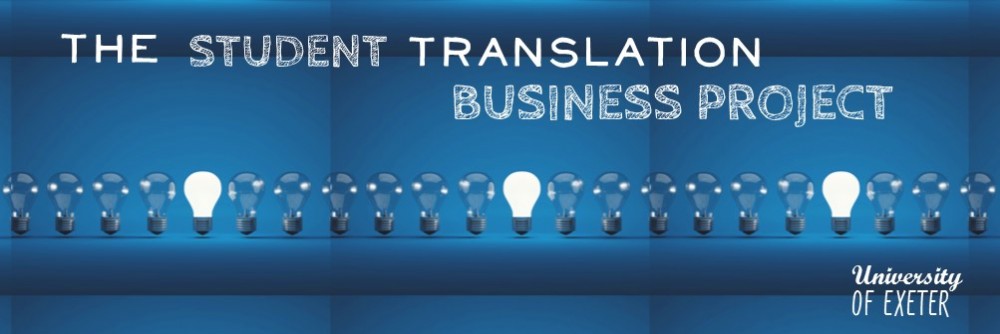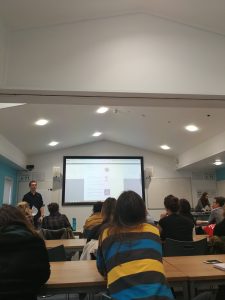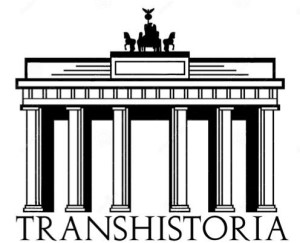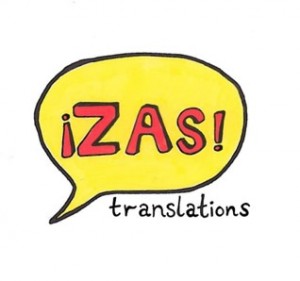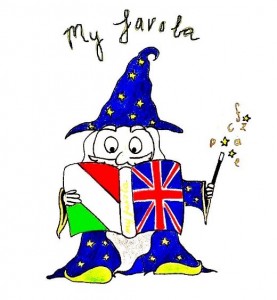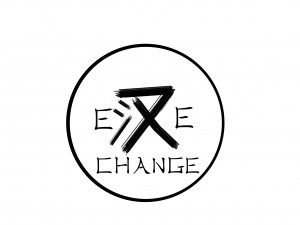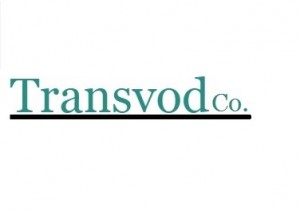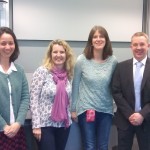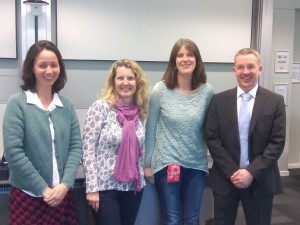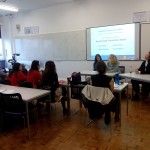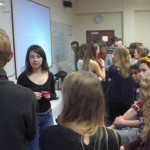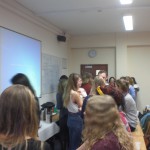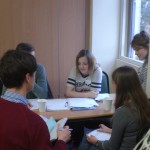7th March 2018
At the Roundtable Event we were fortunate enough to be joined by three professionals who work within the Translation Industry. They were:
- Alison Exley, who has been working as a full-time freelance translator for 17 years. German and Swedish at Newcastle University, she now translates from German into English and specialises in law and finance. Alison moved to Germany in 1991. After working for various large corporations such as Coca Cola, Guinness and NatWest in areas such as finance, marketing and personnel, she decided to focus on translating full-time and moved back to the UK in 2007. Her website is: http://ae-translations.de/
- Sarah Kearsey, a Project Manager at Sure Languages (http://www.sure-languages.com/). After completing her BA in History and French, Sarah decided to study for the MA Translation at Exeter, which she completed in 2017. While doing so, Sarah took part in the Translation Business Project 2016. Her role was a Reviser in the French Team, which was the winning team of that year.
- Natalie Soper is a translator of French and Spanish into English. She studied French and Spanish at Coventry University and did a Master’s degree in Translation Studies at Cardiff University. After graduating, she worked in a language school in Plymouth before travelling around South America for a few months. Upon returning back to Plymouth she worked for an international training company, before launching her freelance translation business, called Bellingua Translations, at the beginning of 2015. You can view the website here: https://bellingua.co.uk/. Natalie also has a blog on her website, the link for which is: https://bellingua.co.uk/author/nataliedawnsoper/.
The session worked as a “Question and Answer” session, and what was discussed is detailed in the document below (the questions asked are the headings and below is a summary of the answers given by the translation professionals).
Round Table Event with Professional Translators Questions and Answers
Miranda
